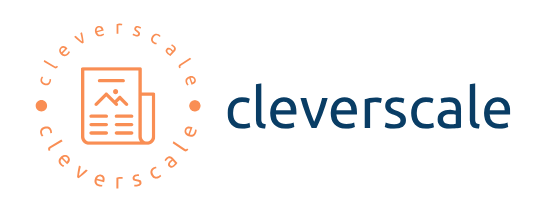
It can be a tough and tedious task for new and in-experienced traders.
There is no broker out there which matches everyone’s expectations, but if you have some defined goals in mind and clear requirements, it should be easier.
You can also narrow your choice using filters – for example, only brokers accepting traders from your country, or offering low spreads on EUR/USD pair.
Types of Forex Brokers
There are generally two types of forex brokers: Institutional Brokers and Leveraged Retail Brokers.
An institutional broker acts as an agent on behalf of their clients, allowing them to trade with large amounts of money from a single source. Most institutional brokers offer online accounts for individuals, but their minimum account size tends to be high, often over US$10000with a minimum initial deposit of US$1000.
Institutional brokers have been in this business for a long time, and they usually charge their client’s high commissions which can range from 0.5% to 1% per trade.
They also levy a monthly fee on top of the commission. Some even charge higher fees if their customers lose money after buying or selling currency pairs. Is there a perfect broker out there, one that ticks all boxes in your list of criteria? One which has all the features for you?
Choosing a Forex Broker
When choosing a Forex broker, you should also consider the following:
– type of trading accounts you require;
– deposit and withdrawal options;
– spreads, commissions, and other fees;
– currencies available for trading;
– platform availability (desktop, web-based, mobile)
Trading accounts types.
Most brokers offer demo accounts to practise Forex trading without risking real money. If you have little to no experience in the business, we highly recommend using a demo account for at least several weeks. Even if you have broker experience, there is no harm in practising your trading strategies on a virtual platform or paper money.
Deposit and withdrawal options
Make sure your chosen broker offers a wide range of deposit and withdrawal options, so you’ll be able to transfer funds quickly and easily with little or no fees attached. One of the most popular choices is bank transfer, but there are also brokers which have implemented successful e-wallet solutions for their clients.
Fees, spreads and margin requirements
Do check the spreads on major currency pairs before you sign up with a brokerage service!
Profit margins also vary between brokers – they can be as high as a hundred per cent.
Currencies available for trading
Check a broker’s list of currencies before you open an account! It might also be a good idea to check the number of currency pairs that are available for trading – it is usually higher at Forex brokers offering ECN accounts, while the High/Low accounts have fewer pairs on offer.
Platform availability
Many brokers offer over one trading platform; we recommend checking them out and finding the one that best suits your needs and style of trading.
Customer service and education tools
Make sure you can get in touch with your chosen broker whenever you need assistance – 24/7 customer support is crucial today.
Also, check whether there is a trading guide or demo account available to help you get started with your new broker.
Reviews and social media presence
Read our reviews, but don’t forget to check online forums like Forex Peace Army too; this way you’ll be able to see other traders’ experiences with different brokers before you commit yourself.
Finally, don’t forget to check a broker’s social media presence – most of them have a Facebook and Twitter profile these days.
Other factors
Finally, read client reviews like these on Saxo Capital Markets Singapore.
Pay attention to the licensing of your future broker as well: the more licenses it holds, the better. Also, check the number of countries where your chosen broker is registered and operates – this might also affect your choice.
Conduct due diligence before joining up, if you come across a good deal that seems too good to be true (e.g., ridiculously low spreads for major currency pairs).
